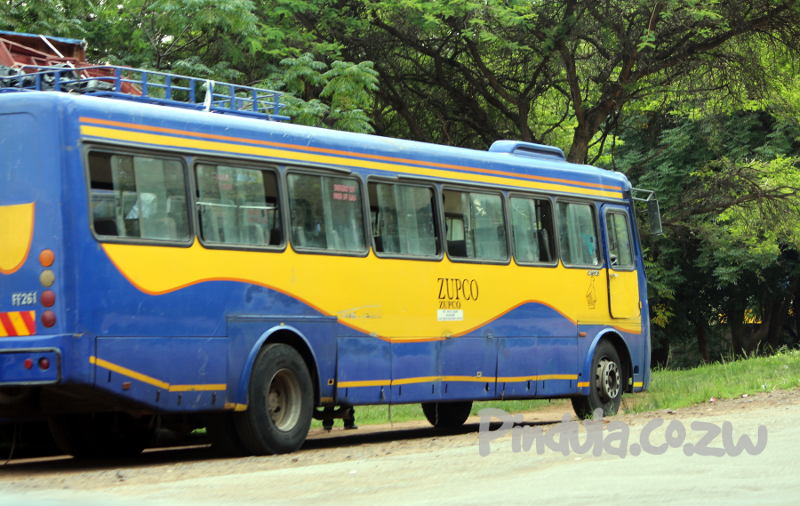More affordable fares have led to overcrowding on government-owned buses, putting women at greater risk of sexual harassment and assault as they travel, they say
BULAWAYO, Zimbabwe, Sept 11 (Thomson Reuters Foundation) – When Zimbabwe’s government started running a bus system earlier this year with fares on average one-third lower than those of private bus companies, Thandekile Gama was excited.
The 33-year-old hairdresser had grown tired of paying up to 3 Zimbabwe dollars (less than 10 U.S. cents) every time she took a trip within Bulawayo, the country’s second-largest city, so the new bus system with fares capped at 50 cents seemed like a gift.
But that gift came at a cost: Gama said the more affordable fares have led to overcrowding on the government-owned buses, putting her and other women she knows at greater risk of sexual harassment and assault as they travel.
“The buses are crowded, as would be expected, but there are creeps who ride the buses to fondle women,” she told the Thomson Reuters Foundation. “You just feel a hand feeling you up and then disappearing.”
Reports of harassment and rape on public transportation are on the rise, said Auxillia Sibanda, an assistant inspector with the Zimbabwe Republic Police (ZRP), at a public meeting in July.
She did not provide specific numbers, noting that the statistics were still being compiled.
World Bank figures show about one-third of Zimbabwe’s 16 million people live in urban areas, and that its urban population is growing about 2% annually.
Across the country, rapid population growth has led to increased demand for public utilities, including transport, according to legislator and women’s rights defender Tabitha Khumalo.
But authorities did not anticipate the impact of that demand on the safety of female commuters using public transportation such as private and state-run buses as well as unlicensed “pirate” taxis, she said.
The government re-launched the Zimbabwe United Passenger Company (Zupco) buses in January, several years after the state-owned company’s fleet was grounded following a litany of problems that included millions of dollars of debt and allegations of government corruption.
At the time of the re-launch, information minister Monica Mutsvangwa said Zupco was part of the modernisation of the national transport system and assured the nation that there would be “adequate security” to protect passengers.
Zupco’s acting CEO Everisto Madangwa said in a phone interview that those security measures include assigning at least one police officer to each bus, “to ensure passenger comfort and safety”.
Madangwa declined to directly respond to the accusations of sexual harassment on the company’s buses, but said the government regularly adds to the fleet to both meet demand and decrease congestion on the buses.
He added that the company plans to grow from the current 500 buses to 3,000 countrywide, without specifying a timeline for the target.






